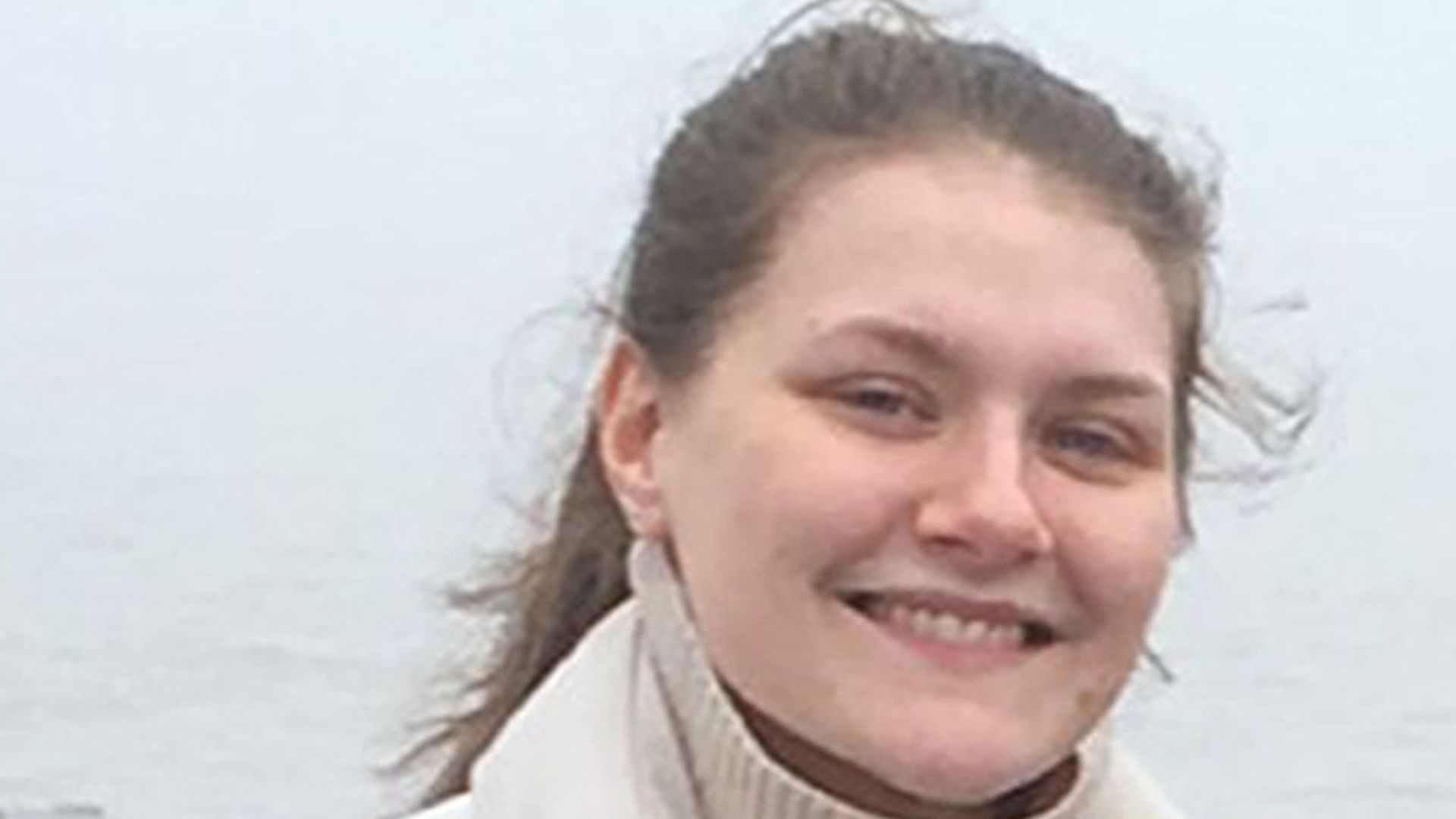The mother of Libby Squire, the student who was kidnapped, raped and murdered in Hull in 2019, has urged the public to report non-contact sexual offences, saying it could have saved her daughter’s life.
Lisa Squire told Sky News: “You have to almost look at the bigger picture. It’s happened to you. It will happen to somebody else. But the next person – he might do more to.
Ms Squire said she believed it was a “moral responsibility” to report non-contact sexual offences – which can include upskirting, catcalling and indecent exposure – adding: “You are helping other women by reporting the thing that has happened.”
Pawel Relowicz, who was 24 at the time, dumped the 21-year-old student’s body in the River Hull after raping her on a playing field in the early hours of 1 February 2019 while she was returning home from a night out while at university in Hull.
After Libby‘s killer was arrested and his DNA was put through a police database, it emerged he had committed several unsolved, non-contact sexual offences, Ms Squire said.
Ms Squire has previously revealed how Libby was flashed by Relowicz a few weeks before the brutal attack.
It comes as Thames Valley Police have launched a new campaign called It Does Matter, which aims to encourage young women to report non-contact sexual offences.
Assistant chief constable at Thames Valley Police Katy Barrow-Grint has said reporting such offences is important as they are often “precursors to things like sexual assault and rape”.
Read more:
‘There is no closure’, Libby Squire’s family says
Libby Squire’s killer cancels meeting with her mother
“Historically, we know that very few people will report [non-contact sexual offences] – probably about 95% of people don’t.
“But actually what it gives us is a chance from a policing perspective to find the perpetrator.
“They are offences and we will deal with those appropriately.”
Keep up with all the latest news from the UK and around the world by following Sky News
Be the first to get Breaking News
Install the Sky News app for free
She added: “You can ring 999 if it’s just happened, or you can contact us online or via 101 if it’s something that’s happened previously.
“But we know that violence against women and girls is an epidemic in this country, and policing will take it very seriously.”





